
Ever wonder where your paycheck disappears each month? It’s not the big splurges but the little everyday habits that quietly eat away at savings. These small choices feel harmless in the moment, yet add up over time. Curious which everyday routines could be draining your wallet without you realizing? Let’s uncover them.
Buying Daily Coffee Or Drinks Out

Small coffee purchases create a substantial financial impact over time. Spending $10 daily amounts to $3,650 annually, whereas skipping one $3 coffee weekly saves $150 yearly. The remedy can be as simple as brewing at home or treating yourself occasionally.
Paying For Unused Subscriptions
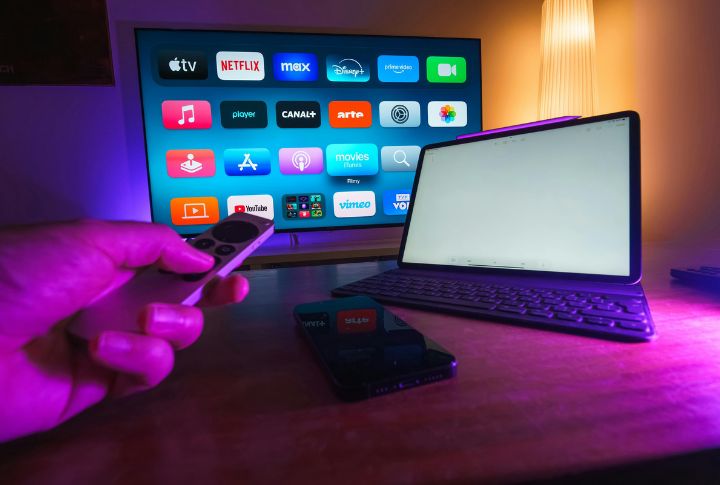
Unused subscriptions to streaming platforms or premium services can quietly erode your budget. A handful of $10–$20 charges each month may not stand out individually, but together they create a noticeable drain. Regularly reviewing statements and canceling unused services helps free up money for what truly matters.
Ordering Takeout Instead Of Cooking
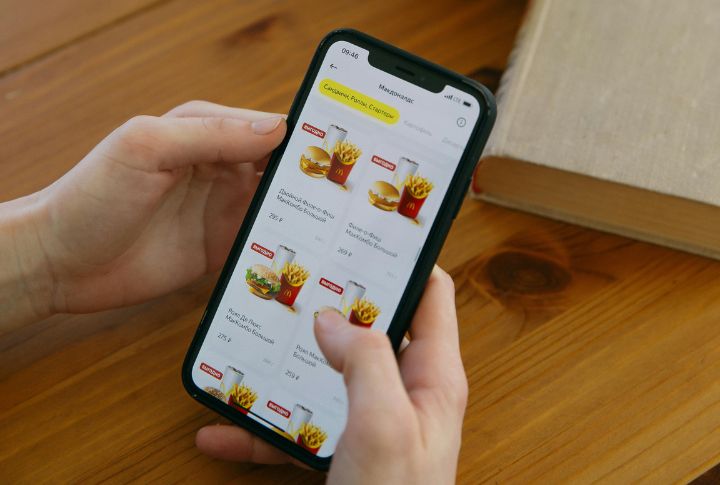
That morning convenience or late-night craving from a delivery app can add up fast. According to a Journey Foods study, a home-cooked meal often costs around $4.31 per serving, while a comparable meal out averages $20.37, making eating in dramatically cheaper.
Impulse Buys At Checkout Counters

Last-minute grabs at the checkout line may feel harmless, but they quietly drain your wallet over time. Marketers place tempting items within reach for a reason. Take a moment to pause before reaching for them, as it will help you stay in control and stick to your real shopping needs.
Letting Groceries Go To Waste

Unused groceries quietly eat into household budgets and create hidden waste. Shopping without a clear list may result in buying more than needed, and wandering aisles “just to see what’s there” makes the problem worse. A simple list offers a practical solution to cut down on food expenses.
Ignoring Energy Efficiency
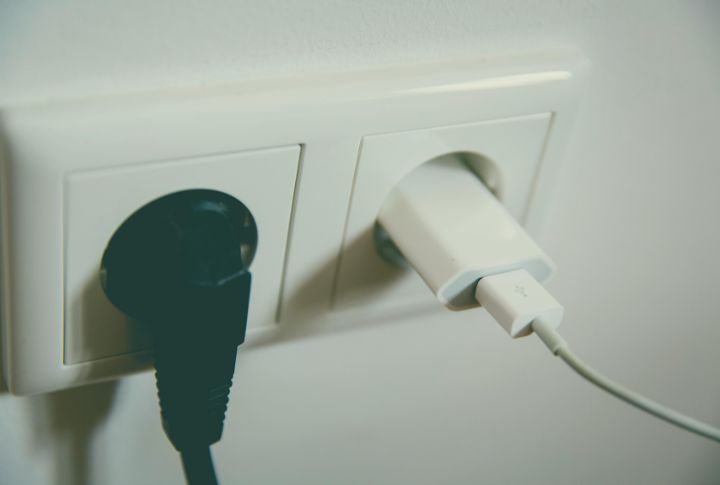
Unplug devices when not in use, as it can save you money with almost no effort. It is a known fact that small leaks in energy use can make a big dent in your finances over time. Energy-efficient habits are also good for the planet and reduce your utility bill substantially.
Using ATMs That Charge Fees
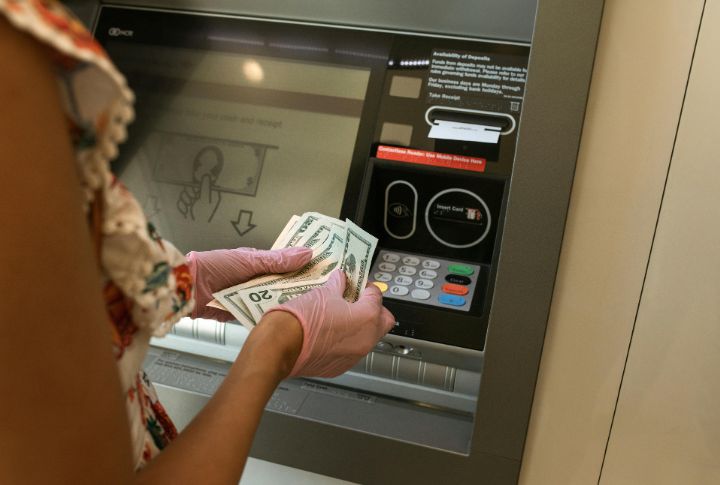
That quick cash grab from an out-of-network ATM may feel harmless, but those fees add up faster than you realize. Many people withdraw without a second thought—and while it’s fine in a true emergency, other times it drains more than just your wallet. A little planning keeps your money in your pocket, not the bank’s.
Keeping High-Interest Credit Card Balances
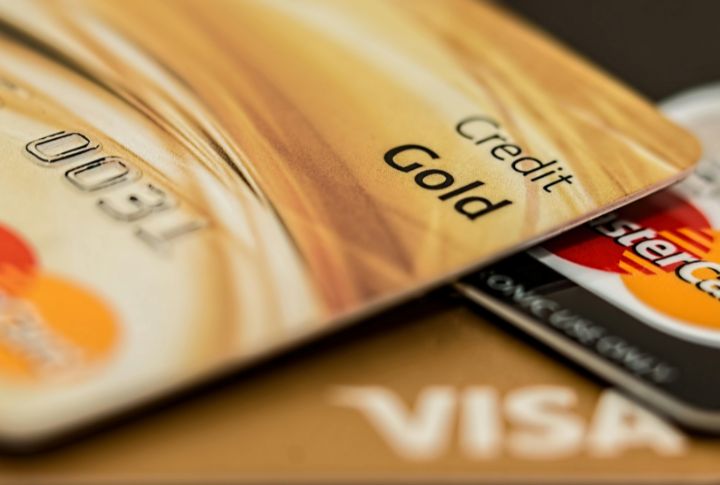
Small balances can cost you hundreds in interest over a year. Carrying debt on high-interest credit cards creates cycles that are hard to escape, which turns affordable items into expensive regrets. Pay off the balance in full each month, and you will avoid unnecessary charges and keep your money working for you.
Smoking Or Vaping

Many people underestimate the annual cost of their smoking or vaping habit. The expenses for cigarettes or vape supplies mount to thousands yearly, meanwhile damaging both health and finances. Breaking free from this costly routine could fund a vacation or a significant home improvement within two years.
Frequent Online “Small” Purchases

A 24-hour pause before clicking “buy now” makes a real difference in spending habits. Online retailers constantly push targeted ads and flash sales. Frequent $10–$20 purchases steadily drain budgets. Beyond that, these routine expenses significantly reduce long-term savings.
